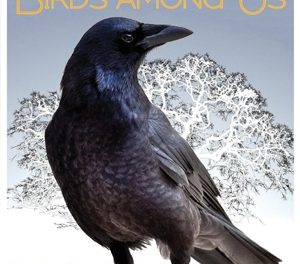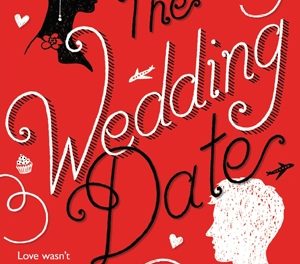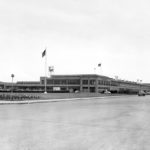As it turns out, Tom Hanks loves and collects typewriters. He can also write.
Concord native Tom Hanks has finally made a name for himself. Hah.
The actor is known worldwide—and adored—for bringing the cool factor to retro topics like World War II (Saving Private Ryan), NASA’s space program (Apollo 13) and nostalgia-sweetened romance (Sleepless in Seattle, just one example). Other films touch diverse notes that swing from folksy portrayals to hard-hitting cultural commentary to Disney romps (respectively, Forrest Gump, Philadelphia, the Toy Story franchise and more).
Making his debut as a short story writer with Uncommon Type, a collection of 17 stories, Hanks proves he’s hit-or-miss but mostly hit. The best stories create instant rapport with central characters
and the old-fashioned typewriters that are Hank’s real life obsession as a collector and are included in each story. Ironically, when cinema or journalism enters the scene, the writing often becomes pedantic or ridden with cliché phrases. “A Junket in the City of Lights” is a hardly-masked literary scolding for grueling press tours. The book’s four-part series, “Our Town Today With Hank Fiset,” although charming, hooks on a narrative and never develops beyond an aging newspaperman’s resistance to the internet era.
These are small ripples on the surface of what are otherwise smooth, humorous, touching stories. Best of the lot include “Alan Bean Plus Four,” in which four quirky friends retrofit a homemade “Command Module” with duct tape and other materials from Home Depot before blasting off to the moon.
Tapping a profound vein and incorporating a light blue, 1970s-era IBM electric typewriter with greatest success, “A Special Weekend” encapsulates a swift, 48-hour coming-of-age story. Young Kenny Stahl discovers, during a pre-birthday visit with his glamorous mom, the hidden pleasures of typewriter rocker switches, red convertibles, “more chocolate milk than Kenny had ever been allowed,” Peewee golf, and flying a single-engine, white-with-red-stripe airplane.
It’s a story that sticks long after it’s read.
Notable also is “Go See Costas,” for vivid, spot-on descriptions of New York City and for saying things without saying them directly. The protagonist’s “said nothing of X” or “did not tell Y,” followed by the very thing not said or told, is a clever hairpin turn maneuver. The technique establishes an immigrant’s hesitation to reveal his true backstory in a new country while allowing the reader to know his background implicitly.
There are more things to savor—especially a certain wry sweetness that Hanks possesses on screen and on the page—and local readers will discover pride in stories from an East Bay kid who finally made it big.
Uncommon Type: Some Stories by Tom Hanks (Alfred A. Knopf, 2017, 403 pp., $26.95)
This story appears in the January issue of our sister publication, The Monthly.
















